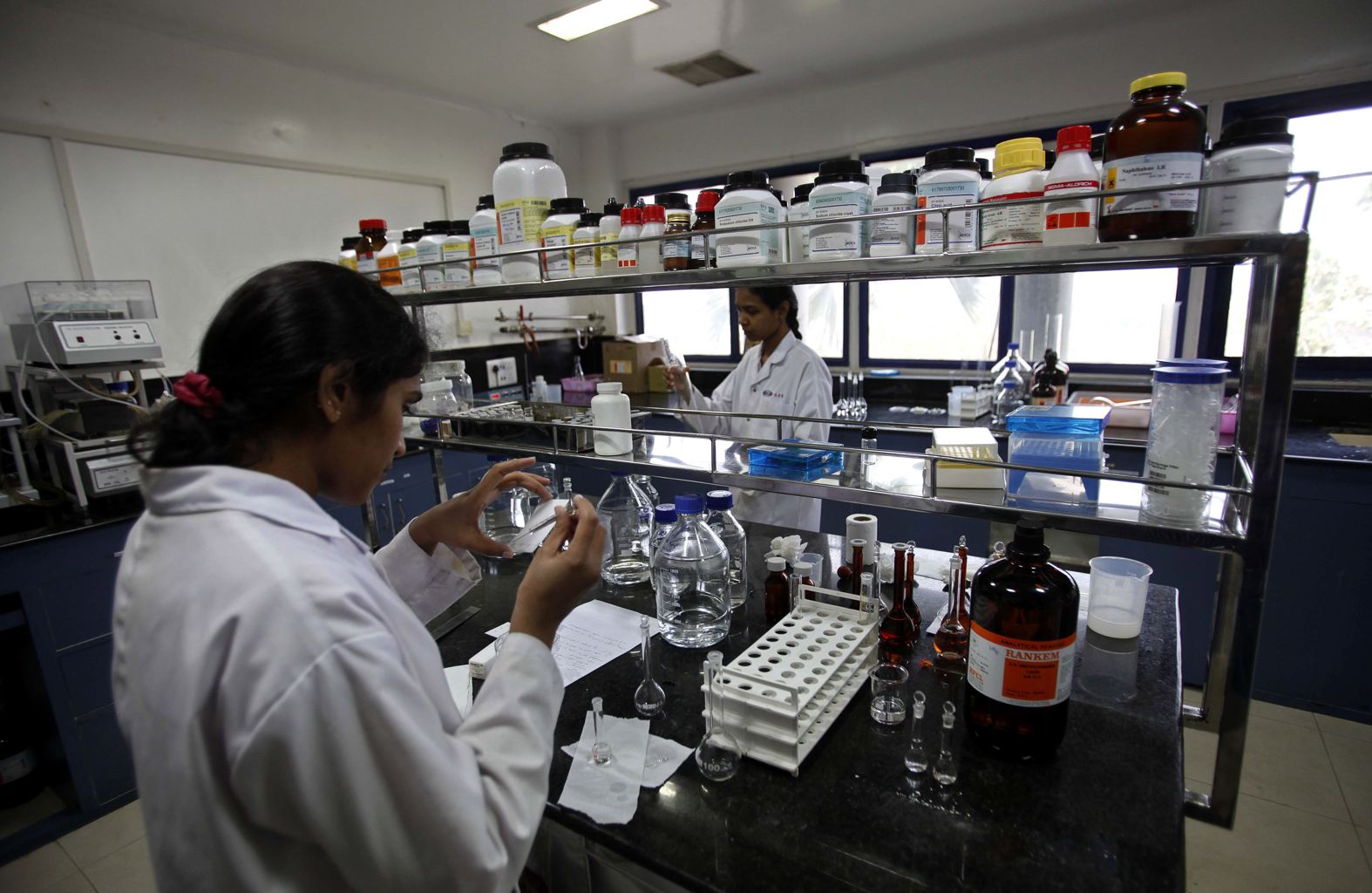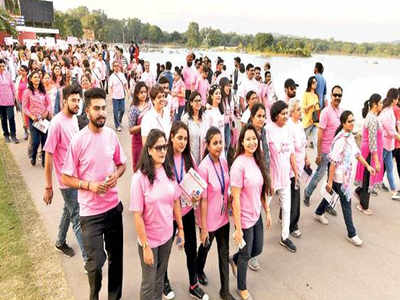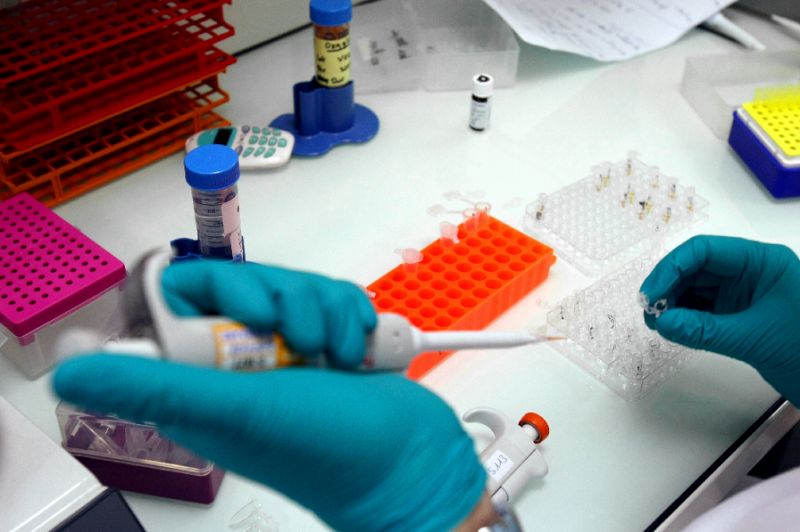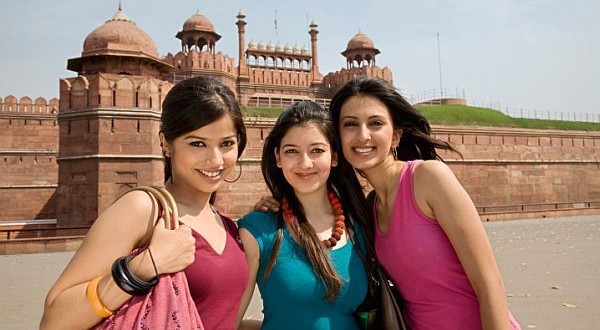New Delhi|HL
In India it is up till now no any solutions which are used to authenticate medicines and pharmaceutical products that millions of people depend on to combat health conditions.
In India thers’s no guarantee that the medicines sold from the drug stores across country are all genuine. A consumer cannot tell whether the pharma product wrapped in sleek packaging isn’t fake. Unlike Pakistan, India doesn’t have a system with which the consumer can check whether a medicine is genuine.
“The counterfeiters here are successful because we are not making their task difficult and not making this business less profitable for them,” U.K Gupta, President of Authentication Solutions Providers Association, told IANS.
“The counterfeiters can pursue their business because of non-adoption of authentication solutions, inadequate surveillance efforts by brand owners to identify counterfeit products and lack of consumer awareness,” he said.
According to Gupta, the product packaging is easily copied due to availability of packaging raw materials in the neighbouring countries.
“We already have a barcode system to check the authenticity of medicines that are exported. Through this system we can keep at bay all types of spurious and fake medicines,” Drug Controller General of India G.N. Singh said.
“However, we do not have any system to check the medicines that come to India and the medicines that are sold in India,” he added.
But it’s a different scene in Pakistan where the Drug Regulatory Authority introduced the global unique identification code system to counter the sale of spurious drugs and over-pricing. Under the new system, buyers having smartphones can verify a medicine and its price.
Can such a system be implemented in India?
Singh said: “The process has already been initiated and within a couple of months we will have a code system like Pakistan to check the spurious medicines”.
“Documents and the entire plan is with the ministry and they are examining it. This will be a technology-driven system.”
A large part of the procedure will involve oversight, testing, tracking and analysis of practices.
“Adopting authentication solutions is the most important preventive step. The government and brand owners should communicate to the consumers about the authentication features on their product and the means to verify those features,” Gupta said.
“Hologram is the best tool. These days we have interactive and 3D hologram as well,” he added.
“The interactive hologram can be verified by a device which tells the consumers about its authenticity. The consumer can check the details of this product by physical verification such as visual checking,” Gupta said.
“Even a consumer can verify product details from a company’s website or by digital authentication of products with features such as barcodes or unique SMS verification codes,” he added.
A 2014 ASSOCHAM report titled ‘Fake and Counterfeit Drugs In India-Booming Biz’ stated that around 25 per cent of India’s drugs are fake, counterfeit or substandard. The fake drugs market is likely to cross US$ 10-billion mark by 2017.
ASSOCHAM had suggested that the government must make it a mandatory for all branded medicines to feature a tracing and tracking mechanism.
“The only step required is a strong regulatory oversight with proper testing procedures, and a robust tracing and tracking mechanism. We also must have a centralised depository to analyse the good manufacturing and distribution practices,” said Bejon Misra, former Chairman of Consumer Coordination Council.
However, Misra said the “biggest challenge is the lack of trained persons in the state drug regulatory authorities” to curb the menace of fake pharma products.
Expressing a similar view, Anil Bansal, former Chairman of Anti Quackery Cell of the Delhi Medical Council, said: “The government should enforce the Pharmacy Act strictly so that the chemists cannot sell any medicine without a doctor’s prescription. But it seems that the government is not seriously concerned about the health of the people.”
According to a World Health Organisation report, every year about one million people die globally due to spurious drugs. Keeping that in mind, India must not lag behind in taking stringent measures to stamp out the counterfeit drugs. Authentication solutions would be a step forward.
Inputs:ToI and Agency










